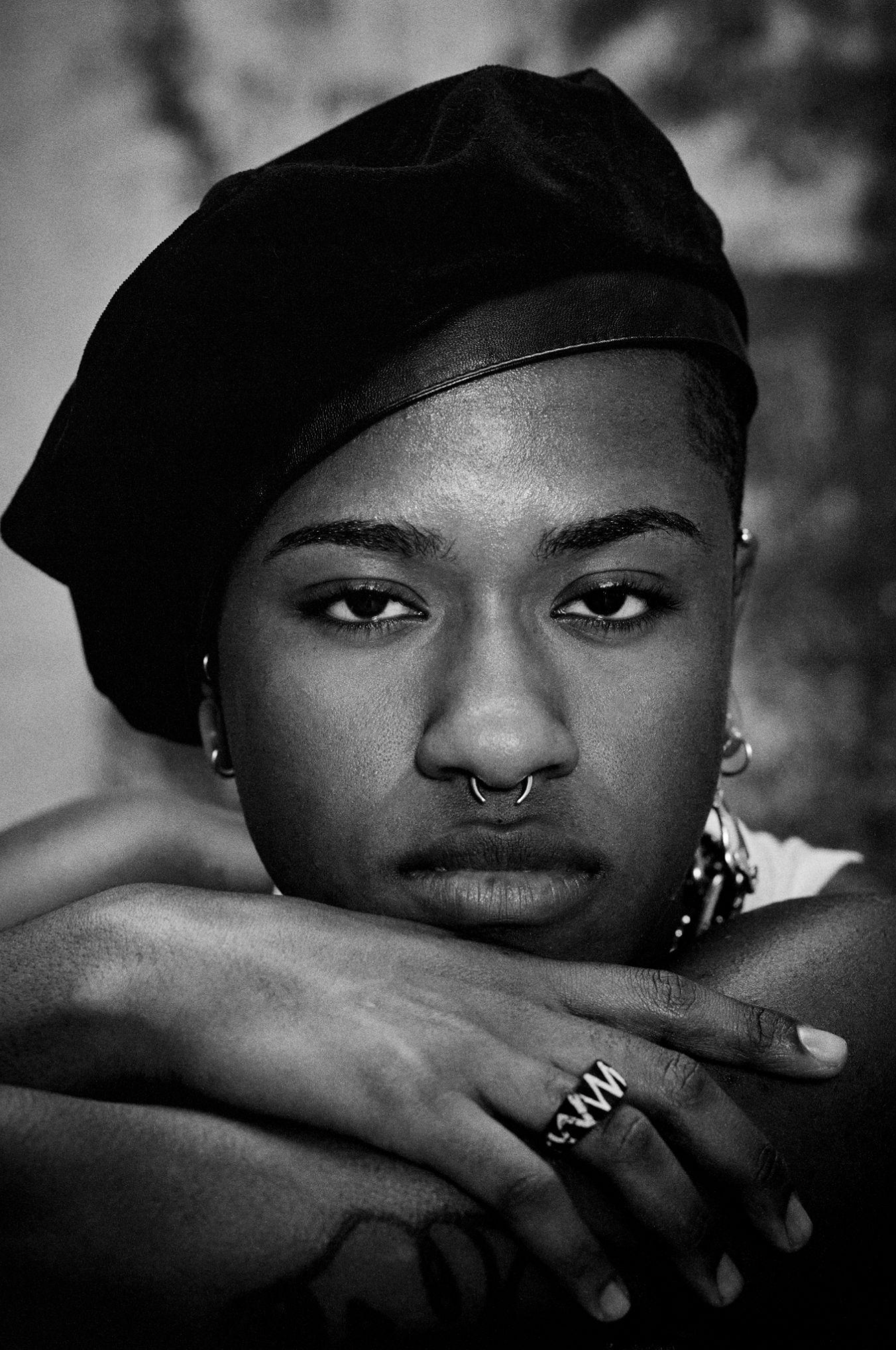Kwé Neshai
2024-25 Culture Push Fellow
Kwé is a Black, Queer, interdisciplinary researcher and artist from Brooklyn, New York. Rooted in the intersections of ecology, social justice, and community science, their work explores how participatory practices within science and design can create justice-oriented solutions for marginalized urban communities.
Kwé’s research has earned recognition in Nature magazine and has been presented in international circles, including the 2019 Society for Social Studies of Science annual meeting. As a 2023 Confident Futures Fellow, they developed international collaborations fostering culturally informed youth programs in both Brooklyn and Amsterdam. Their work is dedicated to forging intercommunal connections and breaking down systemic barriers to opportunity.
Kwé’s interdisciplinary practice blends empirical research methods with social theory and technological design, and is deeply informed by their upbringing on the East coast and a deep commitment to intersectional justice. From leading youth research at the Bronx Zoo to facilitating urban ecology workshops in upstate New York, they combine community engagement with academic immersion to create a lasting impact.
Currently, Kwé is expanding their research and artistic practice, using storytelling and participatory design to reimagine urban futures that center equity and sustainability.
PROJECT : MY FOODSCAPE
Designed to transform the way food insecure communities interact with their food environment, ‘My Foodscape’ is a concept for a digital mapping tool that allows users to chart stores, vendors, events, community hubs, and other point sources of affordable, nutritious foods at the hyperlocal level.
Urban areas face a unique manifestation of food insecurity driven by sustained structural inequality and unjust distribution processes, often leaving entire neighborhoods in nutritional deficit. ‘My Foodscape’ is an experiment in leveraging GIS mapping and digital networks to empower communities to reveal and engage with existing nutritional resources in their food environment.
Through community design activations and workshops, this project aims to produce an interactive geographical database of nutritious food sources for underserved communities, and develop tools to help people with limited financial resources learn to eat well in their neighborhoods.




